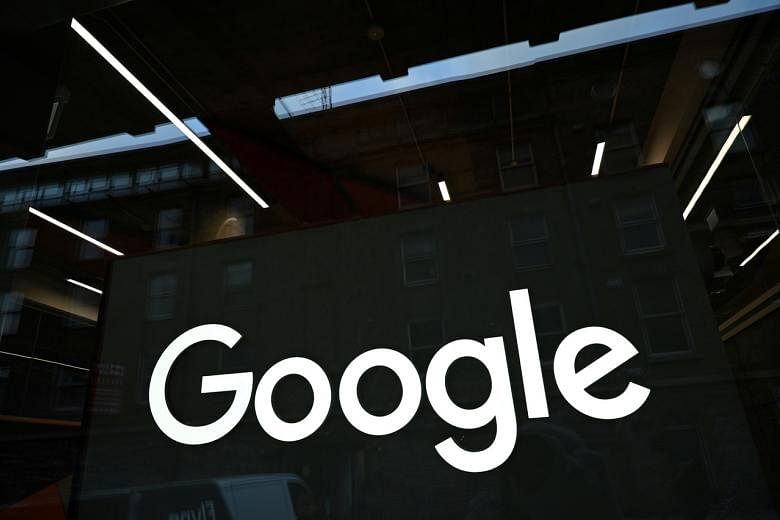WASHINGTON/OAKLAND, CALIFORNIA (REUTERS) - Thirty-seven US state and district attorneys general sued Alphabet Inc's Google on Wednesday (July 7), alleging that the search and advertising giant violates antitrust law in running its app store for Android phones.
The allegations about Google's Play Store stem from an investigation involving nearly every US state that began in September 2019 and have already resulted in three other lawsuits against the company.
The cases threaten to force major changes to how it generates billions of dollars in revenue across its businesses, including advertising, in-app purchases and smart home gadgets.
Google said on Wednesday the litigation was about boosting a handful of major app developers that want preferential treatment rather than about helping small businesses or consumers. It maintains that unlike Apple with its App Store on iPhones, Android supports competitors to the Play Store.
"Android and Google Play provide openness and choice that other platforms simply don't," the company said in a blog post.
The lawsuit, one of a series that has been filed against Google in the United States, follows complaints from app developers about the management of its Play Store.
In the United States, Google Play accounts for 90% of Android apps downloaded, according to the lawsuit.
Google requires that some apps use the company's payment tools and give Google as much as 30 per cent of digital goods sales.
"To collect and maintain this extravagant commission, Google has employed anticompetitive tactics to diminish and disincentivise competition in Android app distribution," the lawsuit stated.
"Google has not only targeted potentially competing app stores, but also has ensured that app developers themselves have no reasonable choice but to distribute their apps through the Google Play Store," it added.
"Google leverages its monopoly power with Android to unlawfully maintain its monopoly in the Android app distribution market," the lawsuit stated.
The states pointed to agreements already targeted in other lawsuits such as those Google has with mobile carriers and smartphone makers to promote its services.
But they added fresh claims after newly reviewing internal company documents. The states alleged that Google bought off developers so they would not support competing app stores, and that through numerous secret projects it intended to pay Samsung, whose rival app store posed the biggest threat, to stop competing. Samsung declined to comment.
Google said last September it would ramp up enforcement of its policies, drawing criticism from app makers.
Google's Play Store is far more widely used than similar products from Amazon.com Inc, Samsung Electronics Co Ltd, Huawei Technologies Co Ltd and others.
The new lawsuit drew praise from Ms Meghan DiMuzio, executive director for the Coalition for App Fairness, which represents companies including Match Group Inc and Spotify Technology SA that oppose some of the Play Store rules.
"Anti-competitive policies stifle innovation, inhibit consumer freedom, inflate costs, and limit transparent communication between developers and their customers," Ms DiMuzio said.
Apple Inc's App Store for iPhones and iPads imposes similar restrictions to Play Store. Google does enable consumers to avoid the Play Store, but critics say it is not practical to do so.
Both companies have drawn legal scrutiny.
Video game maker Epic Games Inc sued Google and Apple separately in federal court in California last year over app store policies. Proposed classes of developers and consumers have joined the cases.
A judge's decision in the Apple fight is expected in the coming weeks, and a hearing on Google's effort to dismiss the case against it is scheduled for July 22.
The states' lawsuit is headed by a group including attorneys general of Utah, New York, North Carolina and Tennessee, and joined by others including California and the District of Columbia.
Google already faces a federal antitrust lawsuit brought by the Justice Department last year and related lawsuits from two separate groups of attorneys general.
One is led by Texas and focused on advertising while the other targets Google's alleged efforts to extend its dominance in search to newer markets, like voice assistants.

